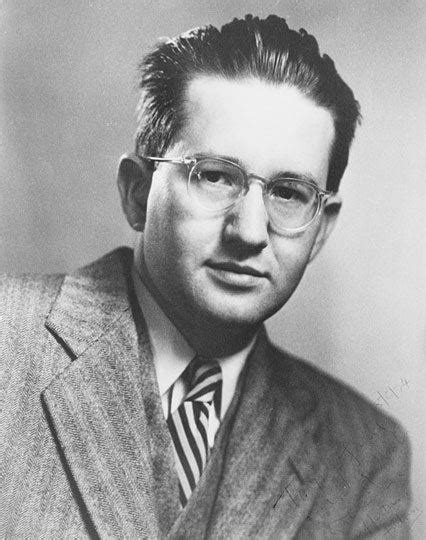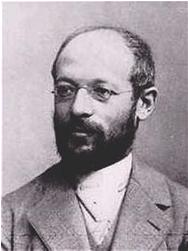A Quote by Herbert Marcuse
The societal division of labor obtains the dignity of an ontological condition.
Related Quotes
The error in positivism is that it takes as its standard of truth the contingently given division of labor, that between the science and social praxis as well as that within science itself, and allows no theory that could reveal the division of labor to be itself derivative and mediated and thus strip it of its false authority.
Labor, being itself a commodity, is measured as such by the labor time needed to produce the labor-commodity. And what is needed to produce this labor-commodity? Just enough labor time to produce the objects indispensable to the constant maintenance of labor, that is, to keep the worker alive and in a condition to propagate his race. The natural price of labor is no other than the wage minimum.
It is to labor, and to labor only, that man owes everything possessed of exchangeable value. Labor is the talisman that has raised him from the condition of the savage: that has changed the desert and the forest into cultivated fields; that has covered the earth with cities, and the ocean with ships; that has given us plenty, comfort, and elegance, instead of want, misery, and barbarism.
So much were employers of wage-labor unenthusiastic about proletarianization that, in addition to fostering the gender age division of labor, they also encouraged, in their employment patters and through their influence in the political arena, recognition of defined ethnic groups, seeking to link them to specific allocated roles in the labor-force, with different levels of real remuneration for their work. Ethnicity created a cultural crust which consolidated the patterns of semi-proletarian household structures.
The romantics were reacting against a modern culture that divided individuals from themselves (through specialisation in the division of labor), from others (the competitive market place) and from nature, which had been reduced down to a machine through technology. The antidote to such division is unity and wholeness, which means feeling at home again in the world.








































